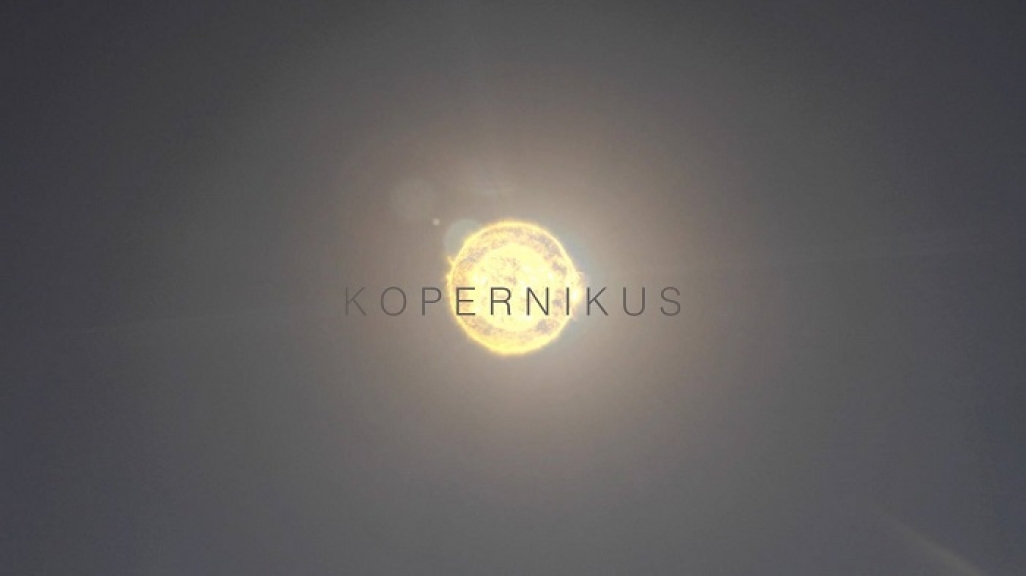Listening to the Throbbing of the Stars
Listening to the Throbbing of the Stars
"The musical performance was superb," said Zachary Woolfe about Music of the Americas' opera Kopernikus in The New York Times.
Since the composer Claude Vivier’s death in 1983, at just 34, his work has hardly been obscure. His music, shimmering with the spacey solemnity of childhood games, was taken up by influential figures like the impresario Pierre Audi, the composer Gyorgy Ligeti and the conductor Reinbert de Leeuw. In 2005, the publisher Boosey & Hawkes began overseeing and promoting his scores.
Yet he remains a figure more referred to than heard in performance. So it still counts as news that two major Vivier pieces were played in New York on back-to-back evenings this week, Tuesday and Wednesday.
The juxtaposition was a coincidence — given Vivier’s celestial leanings, we might say the planets were in alignment — but it was still a little landmark. “Listen to the throbbing of the stars,” the singers chant in his only opera, “Kopernikus,” which had its New York premiere at Issue Project Room in Brooklyn on Wednesday. We’re listening, more and more.
Once you have that image in your mind, in fact, it can be hard to let it go: Vivier’s music does often seem to evoke a starry throb. Close, mystical harmonies are tinged with microtonal dissonances that vibrate almost visibly. Waves of passion are cloaked in a shining, medieval purity — and a use of babbling invented languages — that feels otherworldly; the effect is simultaneously in and out of body...









